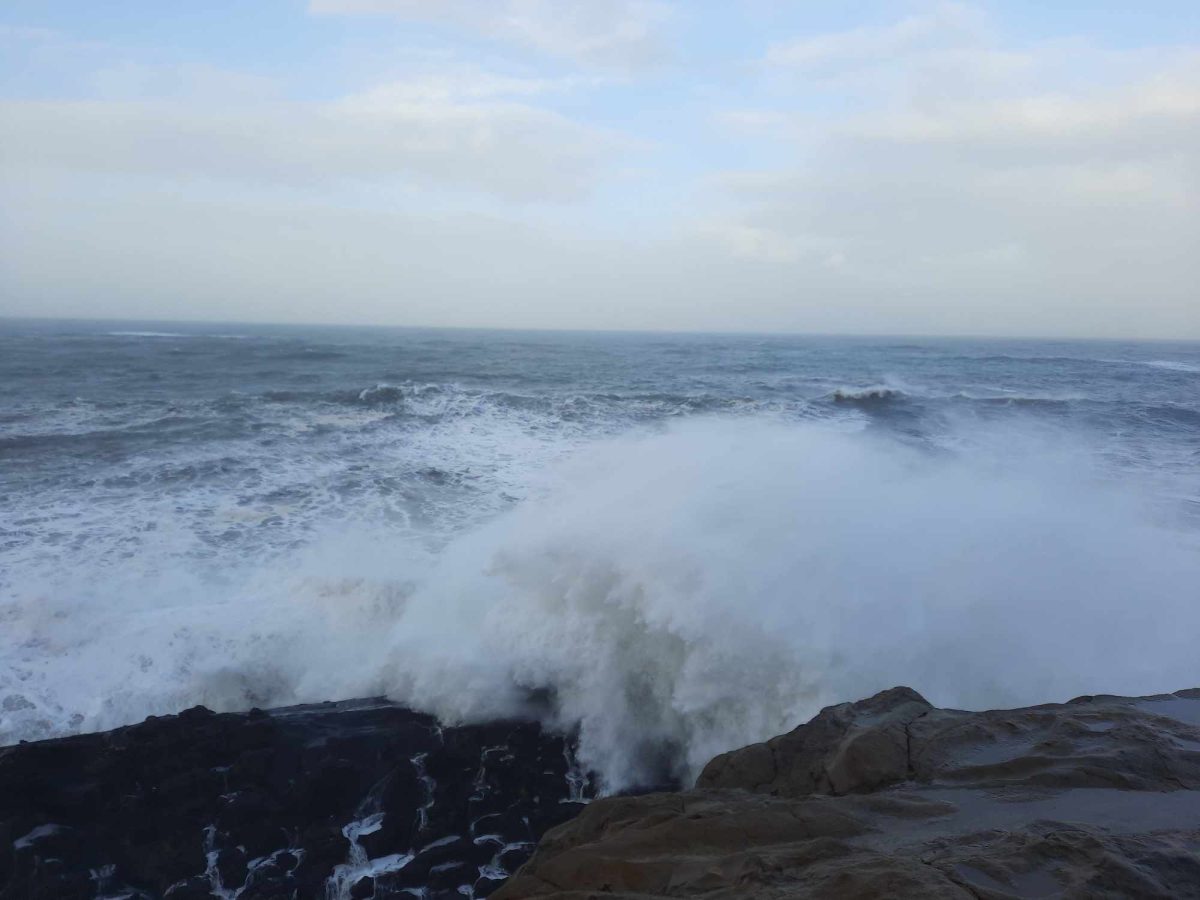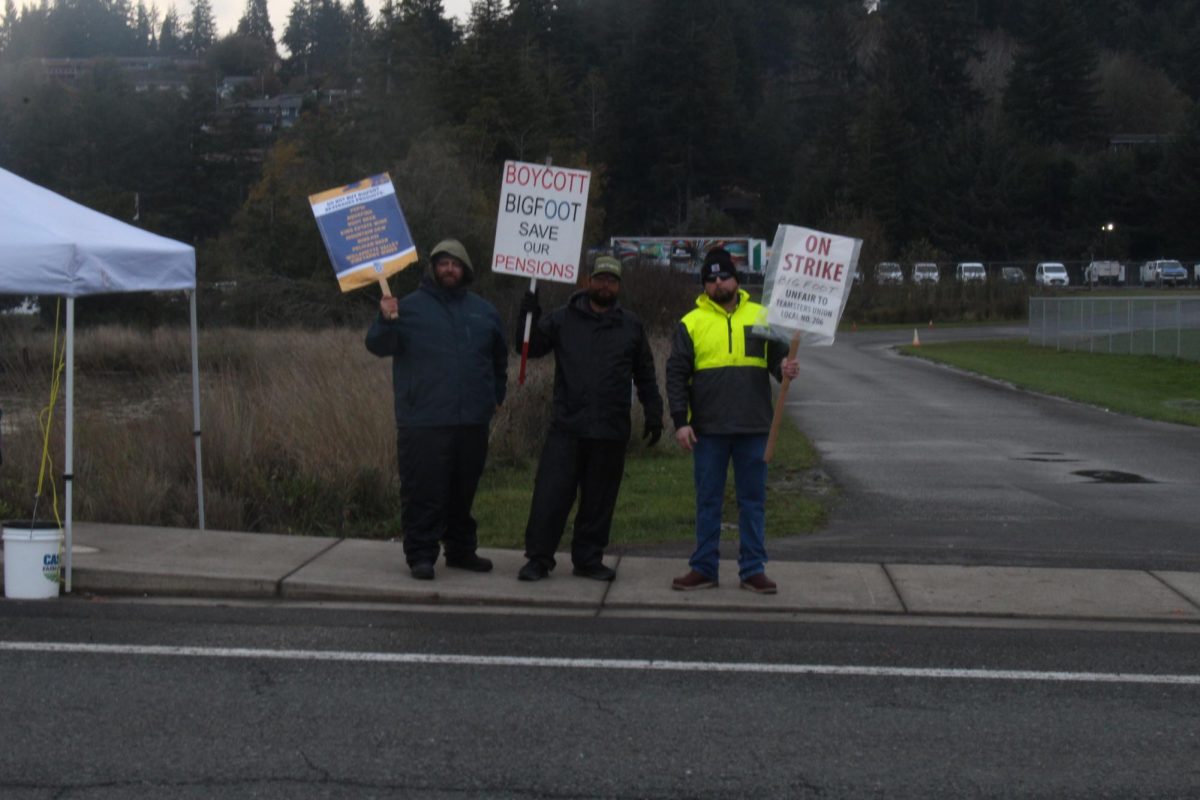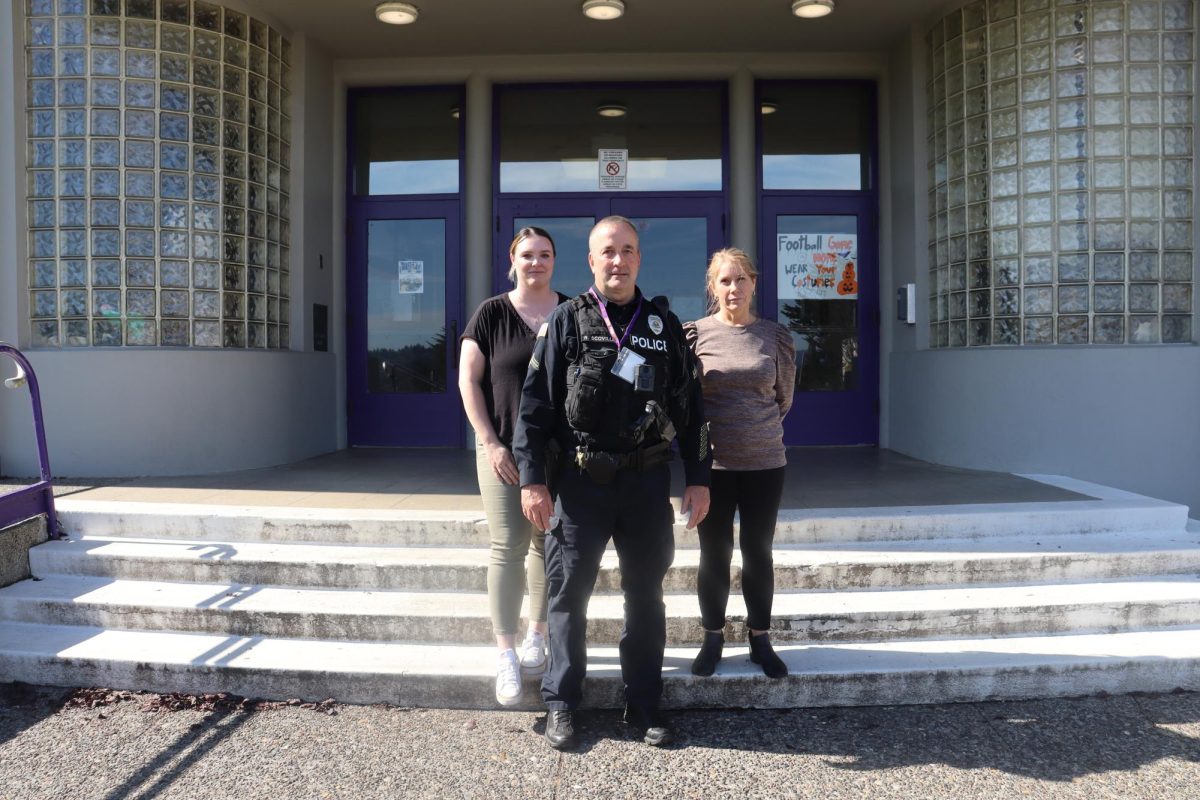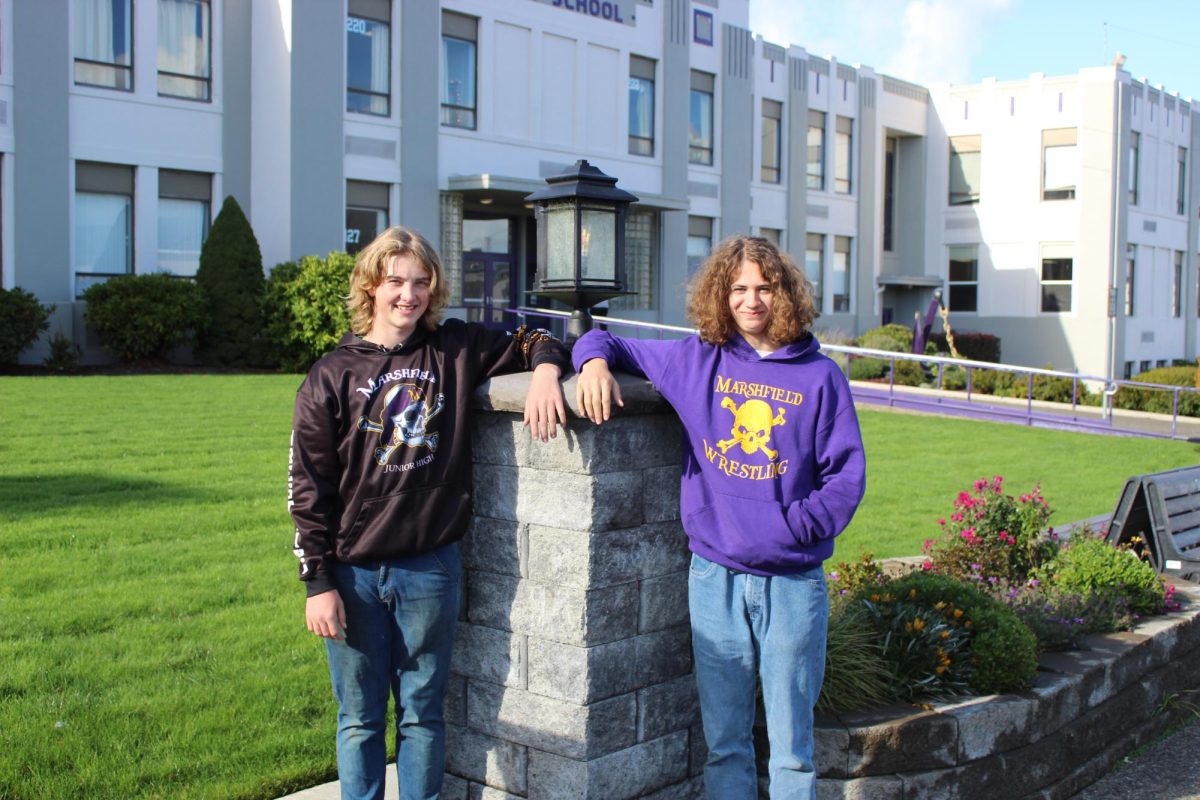A prosperous industry could soon be on its way to Coos Bay. A site has been proposed to bring a Liquefied Natural Gas export facility to the North Spit of Coos Bay. The facility was first proposed to be an import station in 2006, but has recently undergone debate among citizens. Public rallies and protests regarding the topic have become a common sight when driving through the previously quaint streets of Coos Bay.
The Jordan Cove Project was originally proposed to be an import facility for natural gas, as the Pacific Connector Gas Pipeline would be able to distribute the fuel to nearby areas. However, the project was changed and is now destined to become an export terminal, the only one on the West Coast of the United States. Oregon Senator Ron Wyden said that possessing an export terminal would increase recognition of Coos Bay and Oregon as a whole.
“There is no export position on the West Coast,” Wyden said. “We have natural gas which the world wants, and it can put us on the map.”
Although the economic benefits are tempting to many in the community, opposition to the project has also appeared, coming together to form a group. Jody McCaffree, the leader behind the “Citizens against LNG” organization is leading the rally.
“We know that it is not needed and alternate forms of energy could be used,” McCaffree said.
According to McCaffree, the project is also in violation of many industrial regulations. The location of the terminal, which would be on the North Spit of Coos Bay, houses most of the problems.
“There is no bedrock; it is going to be built on a sand pit,” McCaffree said. “If a facility needed to be built, it could be built in a far better place.”
In addition to the claim of the plant being built on a poor location, McCaffree said the ships carrying LNG will make a negative impact on the bay.
“Enormous ships have to pass through a narrow channel,” McCaffree said.
However, Bruce Christensen, a now retired longshoreman, worked for many years in the bay and said ships carrying LNG will not make a difference.
“I have clammed and fished in the bay all my life, and you always have to get out of the way of ships,” Christensen said.
Christensen also said he favors the clean energy that would come from LNG.
“I would like to see more LNG in this country,” Christensen said. “All cars should run on LNG, it is a lot cleaner than the gas we use today.”
However, McCaffree said she fears adding an export to Coos Bay could result in higher energy costs for citizens.
“The exporting of gas will cause local prices to go up,” McCaffree said.
In spite of these concerns claimed by the opposition, the Jordan Cove Project has been pushed through many times, as all support groups claim the facility does indeed pass the industrial regulations. Supporters of the project said the natural resources in the surrounding area could be put to better use.
“In the 1980s and 1990s, I believe that there were some bad temporary decisions regarding natural resources,” Wyden said. “Certainly, if done right, it could have a positive impact.”
IBEW (International Brotherhood of Electrical Workers) Local 932 Business Manager, Robert Westerman, said he favors the LNG plant and it could be a catalyst that will create more jobs and opportunities in the future.
“Construction along the Oregon Coast the past four years has been slow,” Westerman said. “We are going to have full employment for the three years the plant is under construction.”
The IBEW has been busy working to ensure the establishment of the LNG Plant, working with many state officials.
“We’ve done lobbying with state electives and in Washington D.C. with federal legislators,” Westerman said.
Marshfield junior Logan Gates agreed and said that LNG could have a positive impact.
“Coos Bay is far behind in heating ways and LNG would be an upgrade,” Gates said. “LNG would also create permanent jobs.”
If the project does materialize, the area will reap the economic benefits of a large industrial establishment. An estimated $500-600 billion in property taxes would be poured into public funds, as well as the creation of 750 permanent family wage jobs and 2,100 temporary jobs at peak construction for members of the community. According to Wyden, this could create a positive domino effect.
“It would encourage more private sector investment and boost confidence for investment in the South Coast,” Wyden said.
The citizens against LNG also claim to be proponents for job creation in southwest Oregon.
“Some people think we are against economic growth, but we are actually for long term, sustainable jobs,” McCaffree said.
Despite environmental concerns, both the support and opposition groups claim to be in favor of a better South Coast living environment.
“There is no poverty program that is as good as a good paying job,” Wyden said.






















